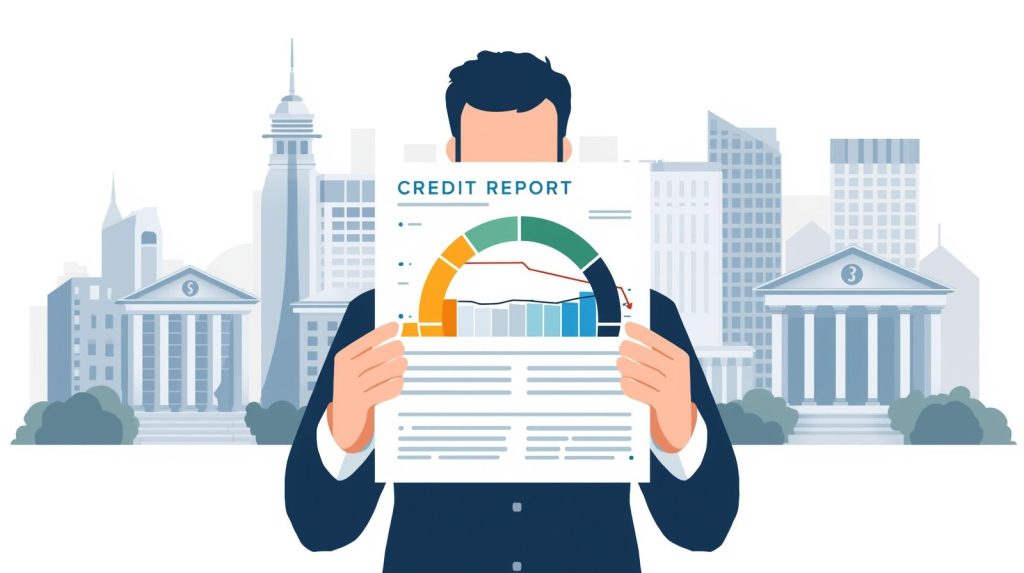
Why Credit Scores Matter in the U.S.
In the United States, your credit score is more than just a number—it’s the key to your financial identity. It affects whether you can rent an apartment, qualify for a mortgage, get approved for a credit card, or even secure certain jobs.
For expats, understanding and building a U.S. credit score is crucial. Without one, even financially stable individuals may face difficulties accessing basic financial services.
How Credit Scores Are Calculated
Credit scores in the U.S. typically range from 300 to 850. They are calculated based on five main factors:
Payment History
Your record of paying bills on time is the single most important factor. Late or missed payments can significantly damage your score.
Credit Utilization
This refers to how much of your available credit you use. Keeping credit card balances below 30% of your limit helps maintain a healthy score.
Length of Credit History
The longer your accounts have been open, the better. Expats starting fresh often struggle here, but time will gradually build credit history.
Types of Credit Accounts
Having a mix of credit—such as credit cards, loans, and mortgages—can improve your score.
New Credit Inquiries
Each time you apply for credit, a “hard inquiry” is made. Too many in a short period can lower your score.
Challenges Expats Face with U.S. Credit Scores
Expats often arrive in the U.S. with no credit history. Even if you had a strong financial record in your home country, credit bureaus in the U.S. don’t recognize it. This creates hurdles:
- Difficulty renting apartments without a U.S. score.
- Higher deposits for utilities or phone contracts.
- Limited access to credit cards or loans.
- Higher interest rates until a reliable history is established.
Understanding these challenges is the first step to overcoming them.
Practical Steps to Start Building Credit as an Expat
Applying for a Secured Credit Card
A secured credit card requires a cash deposit, which acts as your credit limit. Responsible use of this card—making payments on time and keeping balances low—helps you build credit quickly.
Becoming an Authorized User
If you have family or close friends in the U.S., ask to be added as an authorized user on their credit card. Their positive payment history can boost your credit profile.
Using U.S. Bank Accounts and Loans Responsibly
Opening a U.S. checking account, paying bills regularly, and applying for small personal loans (and repaying them on time) all contribute to building your credit reputation.
Common Mistakes to Avoid
- Maxing out credit cards: High utilization hurts your score.
- Missing payments: Even one missed payment can significantly lower your credit score.
- Applying for too many accounts at once: Multiple hard inquiries create red flags for lenders.
- Closing old accounts too soon: Older accounts strengthen the length of your credit history.
Final Thoughts: Building Financial Trust in a New Country
Building credit in the U.S. takes time, but it’s entirely possible for expats to establish a strong financial foundation. By starting with secured credit cards, using credit responsibly, and avoiding common pitfalls, you can develop a score that opens doors—whether it’s renting a home, getting approved for a car loan, or securing a mortgage.
Credit scores are not just numbers; they are reflections of trust. With discipline and patience, expats can integrate smoothly into the U.S. financial system and unlock long-term opportunities.
Leave a Reply